The Resolution stated that after 5 years of implementing Resolution No. 55-NQ/TW, dated February 11, 2020 of the Politburo on the strategic orientation for Vietnam's national energy development to 2030, with a vision to 2045, the energy sector has maintained stable growth, basically ensuring national energy security, meeting the increasing requirements for rapid and sustainable development, ensuring national defense and security and improving people's lives.
However, the energy sector still has many limitations and weaknesses. Some limitations and weaknesses pointed out in Resolution 55 have not been completely overcome. Many targets of Resolution 55 are difficult to achieve. Institutions, policies, and management of energy sector development are still inadequate. The progress of many power projects is slow; energy potential has not been effectively exploited. Energy supply still depends on imports, the risk of power shortage during the double-digit growth period is real. Energy sector infrastructure is still lacking and not synchronous. The power system has not developed synchronously and intelligently; the power grid has not been effectively connected to source projects.
Technology in some fields is slow to innovate; the localization rate for some important equipment is not high. The quality of human resources and labor productivity in some fields is still low; the competitive energy market is not developing synchronously, lacking connectivity between sub-sectors, especially the electricity market, which still has many limitations; the energy price policy is still inadequate, not really suitable for the market mechanism; there is still a situation of cross-subsidization of electricity prices for some customer groups...
To meet the requirements of rapid and sustainable national development in the coming time, especially to implement the two strategic goals by 2030 and 2045, ensuring energy security plays a very important role. Energy must be one step ahead, fully meeting the needs of socio -economic development, national defense, security and improving people's lives.
Accordingly, the Politburo requires the Party to provide comprehensive leadership; the State to create institutions, breakthrough policies and control strategic energy infrastructure; people and businesses are the center and the subjects of national energy development, in which the state economy plays a leading role, and the private sector is one of the most important driving forces.
Ensuring national energy security is the foundation and important premise for national development, and an important part of national security. Energy development is given the highest priority to meet the requirement of continuous growth of over 10% in the coming period, and to realize the country's two 100-year goals. The national energy development plan must be led, directed, and implemented in a focused, unified, synchronous, serious, and effective manner.
Energy development must be consistent with the socialist-oriented market economy, associated with social progress and equity, social security, ensuring national defense, security, environmental protection and flexibility in implementing international commitments on greenhouse gas emission reduction. Building a synchronous, competitive, transparent energy market, diversifying ownership forms and business methods; applying market prices to all types of energy, without cross-subsidization between customer groups. Encouraging and facilitating economic sectors, especially the private sector, to participate in energy development; ensuring that the private sector competes equally with other economic sectors in developing energy projects.
Develop synchronously, reasonably and diversify energy types; prioritize the exploitation, thorough and effective use of renewable energy sources, new energy, clean energy; exploit and rationally use domestic fossil energy sources, focus on stabilizing, regulating and ensuring national energy reserves; develop nuclear power and gas power; have a roadmap to reduce the proportion of coal power in a reasonable manner. Optimize the structure of the national energy system, ensure synchronization, efficiency, promote the comparative advantages of each region and locality.
Encourage investment and use of energy economically and efficiently, reduce emissions, protect the environment, promote increased labor productivity and innovate growth models, considering this both a right and a responsibility of the whole society; encourage investment and use of energy-saving and environmentally friendly technology and equipment.
Applying science, technology, innovation and digital transformation to promote rapid and sustainable development of the energy sector; gradually mastering modern technology and nuclear energy technology, moving towards self-sufficiency in producing most energy equipment to serve domestic needs and export both technology and equipment.
The Resolution also clearly states that the general goal by 2030 is to firmly ensure national energy security; provide adequate, stable, high-quality energy, reduce emissions for socio-economic development, ensure national defense and security, improve people's lives, and protect the ecological environment. Gradually transform energy to meet the country's development requirements and international commitments. The energy sector develops harmoniously between sub-sectors with synchronous and intelligent infrastructure, reaching the advanced level of the ASEAN region. The energy market is competitive, transparent, efficient, and consistent with the socialist-oriented market economy.
With a vision to 2045, it is to firmly ensure national energy security; a healthy, fair, transparent and effective competitive energy market, in line with the socialist-oriented market economy; a synchronous and sustainable development of the energy sector, efficient use of resources, environmental protection, reduction of greenhouse gas emissions and adaptation to climate change; a smart and modern energy infrastructure system, effectively connected to the region and internationally; the quality of human resources, science and technology level and management capacity of the energy sector reaching the same level as those of modern industrialized countries.
According to the Resolution, by 2030, Vietnam aims to ensure solid national energy security, with an adequate, stable and high-quality supply. Specifically: The total primary energy supply is expected to reach 150-170 million tons of oil equivalent; The total capacity of power sources is about 183-236 GW, with a total electricity output of 560-624 billion kWh; The proportion of renewable energy in the total primary energy supply will reach about 25-30%; Greenhouse gas emissions will be reduced by 15-35% compared to the business-as-usual scenario; The power system will become smart and efficient, with power supply reliability and electricity access index in the top 3 of ASEAN; Oil refineries will meet at least 70% of domestic gasoline demand.
By 2045, Vietnam aims to build a synchronous and sustainable energy sector with a healthy and efficient competitive market. The energy infrastructure will be modern, smart, and effectively connected to the region and the world. In particular, the level of science and technology and management capacity of the energy sector will reach the level of modern industrialized countries.
In the Resolution, the Politburo also proposed key solutions to achieve the above-mentioned goals, such as: Perfecting institutions and policies; diversifying energy sources; promoting technology application; strengthening strategic reserves; saving energy and protecting the environment...
See full text of Resolution 70 here
Source: https://moit.gov.vn/tin-tuc/su-dung-nang-luong-tiet-kiem-va-hieu-qua/bo-chinh-tri-ban-hanh-nghi-quyet-70-ve-dam-bao-an-ninh-nang-luong-quoc-gia.html












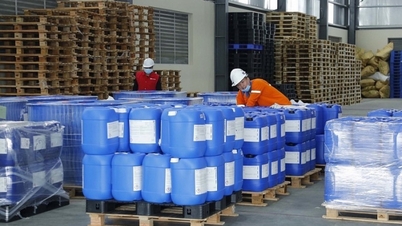
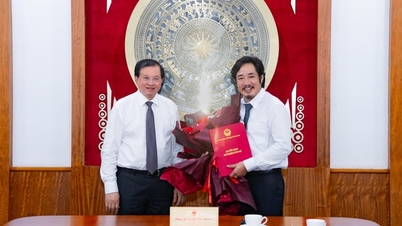






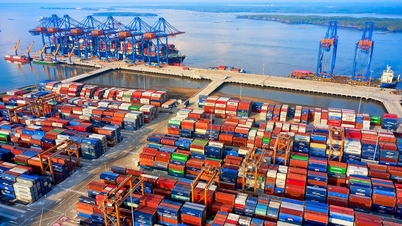
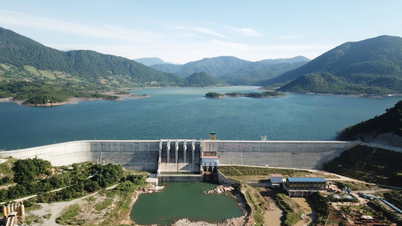



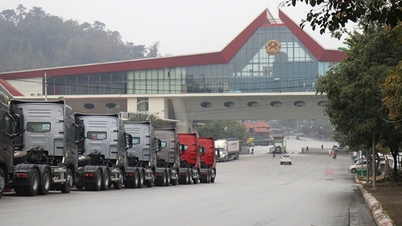
![[Photo] Impressive display booths of provinces and cities at the Exhibition 80 years of the Journey of Independence - Freedom - Happiness](https://vphoto.vietnam.vn/thumb/1200x675/vietnam/resource/IMAGE/2025/9/7/cd63e24d8ef7414dbf2194ab1af337ed)


















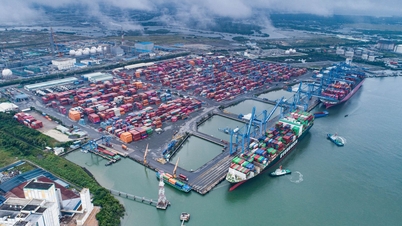







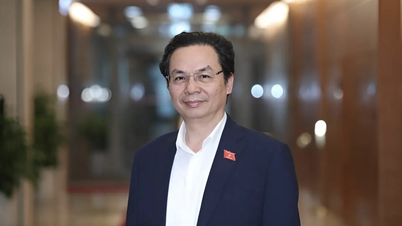








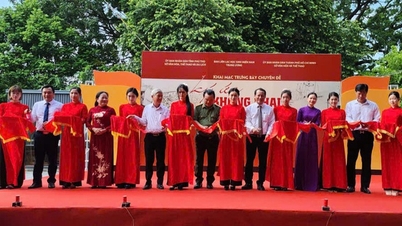




























Comment (0)